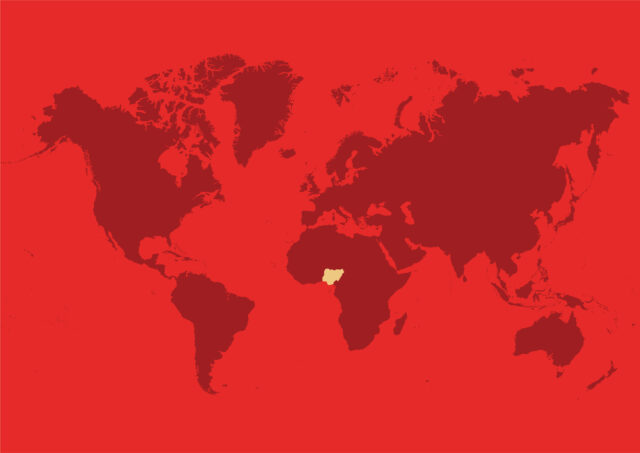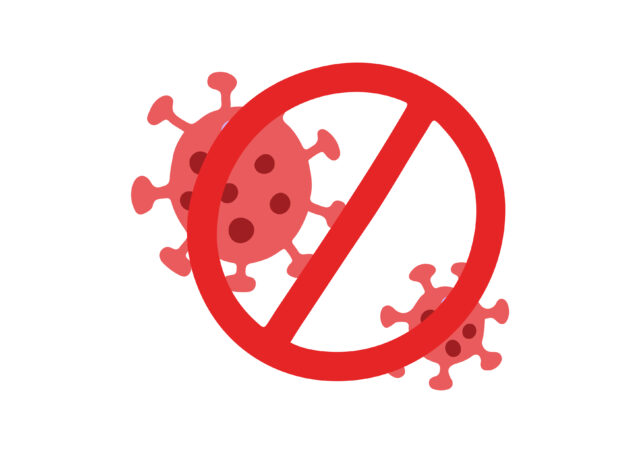It’s been 16 years since the Global System for Mobile Communication (GSM) made its debut in Nigeria.
The GSM phenomenon which came into existence as a result of the deregulation of the telecommunications sector has succeeded in revolutionizing the mobile phone industry.
According to the Nigerian Communications Commission (NCC), as at 2016, there were 216 million connected telephone lines, this represents an over 200% increase in the number of mobile subscribers when compared with the less than a million subscribers recorded in 2001.
Mobile phone users will never forget the messianic role that Globacom played when it introduced per second billing upon its entrance into the telecoms fray in 2003. And by so doing, effectively forced other mobile operators (especially MTN which enjoyed a monopoly of sorts at the time) to toe the same path.
Since the game changing move by Globacom, there has been a cold war among the Nigerian Telecommunications Companies. Time and again, a fierce battle has ensued for the talk and data time of mobile subscribers, as each operator continuously seeks ways to outwit the others.
Every time one of the telecom companies introduces a plan in a bid to endear its brand to the teeming mobile phone users, the others are not only quick to follow suit, but go a step further by offering something extra to woo Nigerians to their side.
Apart from the bold move by Globacom with the per second billing introduction, the audacious poaching of Saka who was a brand ambassador for Etisalat by MTN in the latter’s “I don port” commercial (on the backdrop of mobile number portability introduced by NCC) was a frontal attack that will continue to linger in the mind of stakeholders in the advertising and telecommunications world, as well as the general public for a long time.
It brought a rare shock and entertainment value all at once. It was a hugely successful marketing coup that cemented MTN’s place as leaders of the telecoms industry (with 60 million mobile subscribers as at March 2017), and had Etisalat’s marketing team scampering to contain the damage.
The Telco brand wars can also be seen in each individual brand’s race to convince Nigerians that it has the cheapest data plan. Glo has been at the front of this, as it has carved a niche for itself as the brand that offers the cheapest data plans with 12GB going for as low as N3000.
Much as other operators try to keep up in the data plan price slash, Glo remains King in this area.
The latest battle for the top of mind and market share of subscribers is in the 4g LTE Network, an upgrade from 3G services which was first launched by MTN and Glo automatically meant that they were a step ahead of the next two biggest GSM service providers, Etisalat and Airtel.
Soon enough Etisalat joined the league of superfast internet and high quality voice call providers. This effectively condemned Airtel as lags, before it joined the moving train in April, 2017.
The telecoms sector remains one of the most viable sectors of the economy.
What’s sure is that the end to the tussle for the love and patronage of mobile phone users is nowhere in sight.




